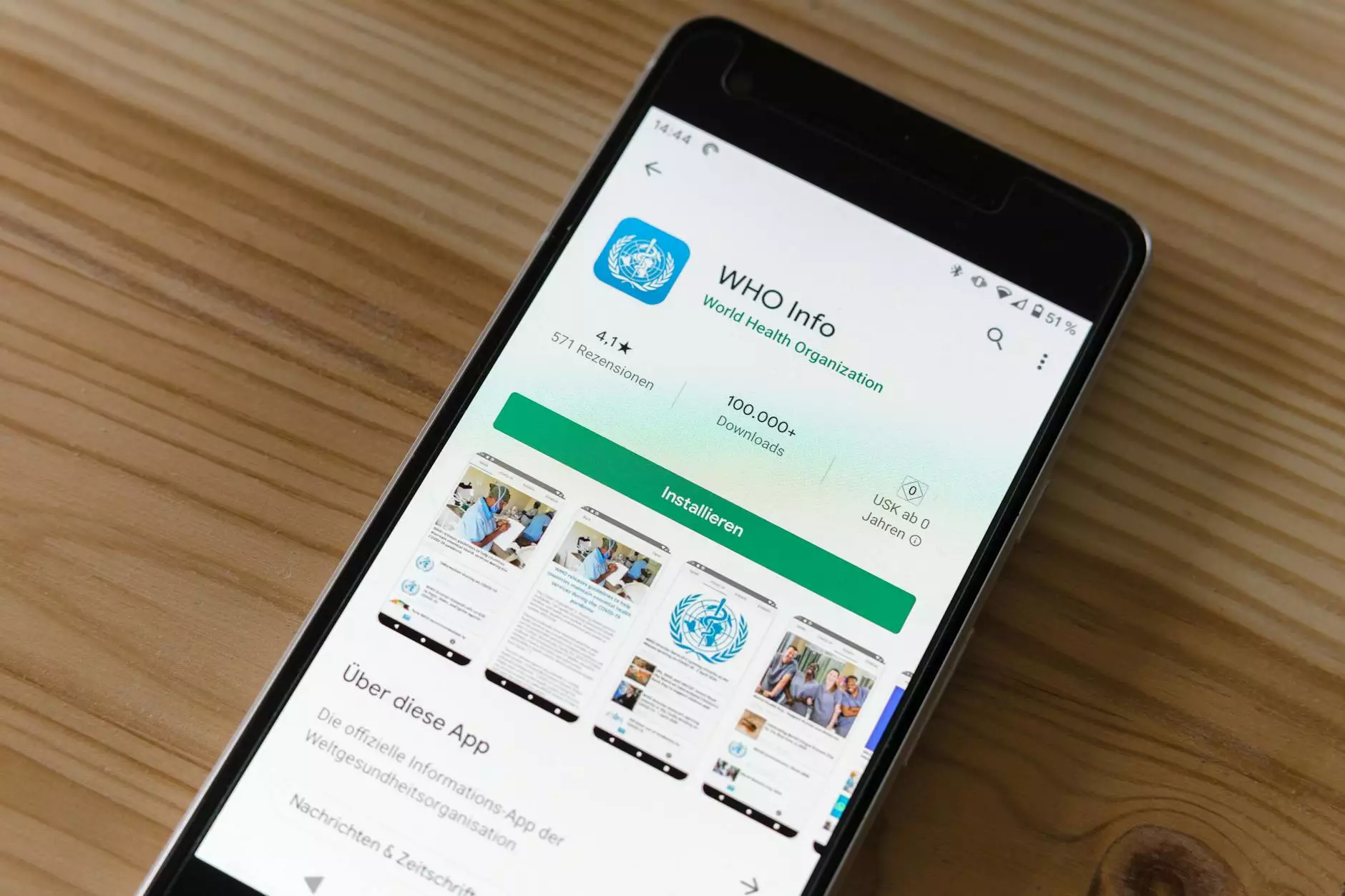Java vs Kotlin, Which is Better for Android App Development?
Blog
When it comes to Android app development, choosing the right programming language is crucial for the success of your project. Two popular options are Java and Kotlin. In this article, we will explore the differences between Java and Kotlin, in order to help you decide which one is better suited for your Android app development needs.
1. Overview of Java and Kotlin
Java is a well-established programming language that has been used for Android app development for many years. It offers a strong foundation and extensive libraries, making it the traditional choice for Android development.
Kotlin, on the other hand, is a modern programming language developed by JetBrains. It was introduced in 2011 and gained popularity among developers due to its concise syntax, increased productivity, and seamless interoperability with Java.
2. Syntax and Expressiveness
One of the key advantages of Kotlin is its concise and expressive syntax. It reduces boilerplate code and allows developers to write clean and readable code. Kotlin introduces innovative features such as null safety, type inference, extension functions, coroutines, and more, which enhance productivity and improve code quality.
Java, while more verbose compared to Kotlin, offers strong static typing and a well-established ecosystem. It provides a familiar syntax that has been widely adopted among developers.
3. Interoperability
Kotlin has excellent interoperability with Java, which means that you can seamlessly incorporate Kotlin code into existing Java projects. This allows for a smooth transition from Java to Kotlin, as well as the ability to reuse existing Java libraries and frameworks.
Java, being the language originally used for Android app development, provides extensive support for legacy codebases. It ensures compatibility with older devices and offers a wide range of libraries and frameworks specifically designed for Android development.
4. Performance and Compilation
Both Kotlin and Java are compiled into bytecode that runs on the Java Virtual Machine (JVM). This means that there is no significant difference in terms of the runtime performance of the resulting Android apps. The choice between Kotlin and Java won't impact the app's performance directly.
However, Kotlin's modern features and syntactic sugar can improve development speed and reduce the likelihood of introducing bugs or errors. Kotlin's built-in null safety, for example, helps prevent null pointer exceptions, a common issue in Java development.
5. Community and Adoption
Java has been the dominant language for Android app development for a long time, with a vast community and extensive resources available. The abundance of libraries, frameworks, and tutorials makes Java a reliable choice for developers.
Although Kotlin is relatively new, it has rapidly gained popularity among developers and enjoys strong community support. Google officially supports Kotlin as a first-class language for Android development, which further validates its adoption and ensures continued growth.
6. Conclusion
In the end, the choice between Java and Kotlin for Android app development depends on your specific requirements and preferences. If you are working on a legacy project or require extensive compatibility with existing Java code, Java might be the safer option.
On the other hand, if you value modern features, increased productivity, and a more expressive syntax, Kotlin offers a compelling alternative. Its interoperability with Java allows for a gradual migration, making the transition from Java to Kotlin smoother.
Regardless of your choice, Seo by Chrys is here to support you in your Android app development journey. Our experienced team of developers is proficient in both Java and Kotlin, ensuring high-quality and successful mobile applications.




